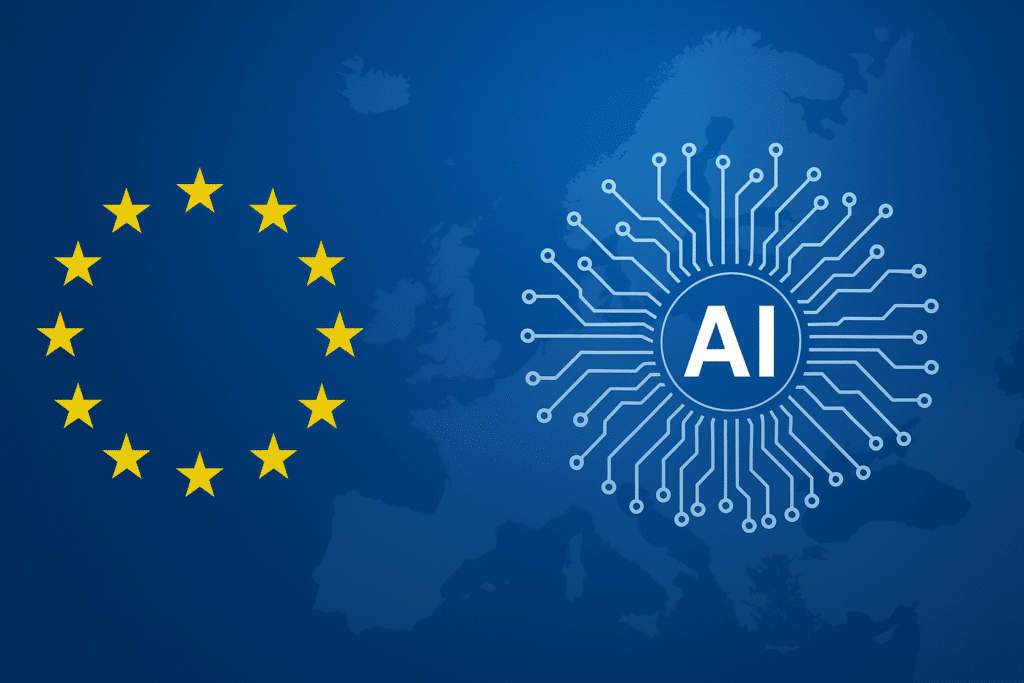Introduction to Meta’s AI Training Plans
Meta has confirmed its plans to use content shared by its adult users in the European Union (EU) to train its AI models. This move follows the recent launch of Meta AI features in Europe and aims to enhance the capabilities and cultural relevance of its AI systems for the region’s diverse population.
What Data Will Be Used
In a statement, Meta wrote: "Today, we’re announcing our plans to train AI at Meta using public content – like public posts and comments – shared by adults on our products in the EU." People’s interactions with Meta AI – like questions and queries – will also be used to train and improve its models. Starting this week, users of Meta’s platforms (including Facebook, Instagram, WhatsApp, and Messenger) within the EU will receive notifications explaining the data usage. These notifications, delivered both in-app and via email, will detail the types of public data involved and link to an objection form.
Data Protection and Limitations
Meta explicitly clarified that certain data types remain off-limits for AI training purposes. The company says it will not "use people’s private messages with friends and family" to train its generative AI models. Furthermore, public data associated with accounts belonging to users under the age of 18 in the EU will not be included in the training datasets. Meta has made this objection form easy to find, read, and use, and will honor all objection forms it has already received, as well as newly submitted ones.
Building AI Tools for EU Users
Meta positions this initiative as a necessary step towards creating AI tools designed for EU users. Meta launched its AI chatbot functionality across its messaging apps in Europe last month, framing this data usage as the next phase in improving the service. "We believe we have a responsibility to build AI that’s not just available to Europeans, but is actually built for them," the company explained. This means everything from dialects and colloquialisms, to hyper-local knowledge and the distinct ways different countries use humor and sarcasm on its products.
Industry Landscape and Transparency
Meta also situated its actions in the EU within the broader industry landscape, pointing out that training AI on user data is common practice. "It’s important to note that the kind of AI training we’re doing is not unique to Meta, nor will it be unique to Europe," the statement reads. "We’re following the example set by others including Google and OpenAI, both of which have already used data from European users to train their AI models." Meta further claimed its approach surpasses others in openness, stating, "We’re proud that our approach is more transparent than many of our industry counterparts."
Regulatory Compliance
Regarding regulatory compliance, Meta referenced prior engagement with regulators, including a delay initiated last year while awaiting clarification on legal requirements. The company also cited a favorable opinion from the European Data Protection Board (EDPB) in December 2024. "We welcome the opinion provided by the EDPB in December, which affirmed that our original approach met our legal obligations," wrote Meta.
Broader Concerns Over AI Training Data
While Meta presents its approach in the EU as transparent and compliant, the practice of using vast swathes of public user data from social media platforms to train large language models (LLMs) and generative AI continues to raise significant concerns among privacy advocates. Firstly, the definition of "public" data can be contentious. Content shared publicly on platforms like Facebook or Instagram may not have been posted with the expectation that it would become raw material for training commercial AI systems capable of generating entirely new content or insights.
Concerns About Bias and Copyright
Secondly, the effectiveness and fairness of an "opt-out" system versus an "opt-in" system remain debatable. Placing the onus on users to actively object, often after receiving notifications buried amongst countless others, raises questions about informed consent. Many users may not see, understand, or act upon the notification, potentially leading to their data being used by default rather than explicit permission. The issue of inherent bias looms large, as social media platforms reflect and sometimes amplify societal biases, including racism, sexism, and misinformation. AI models trained on this data risk learning, replicating, and even scaling these biases.
Conclusion
The approach taken by Meta in the EU underscores the immense value technology giants place on user-generated content as fuel for the burgeoning AI economy. As these practices become more widespread, the debate surrounding data privacy, informed consent, algorithmic bias, and the ethical responsibilities of AI developers will undoubtedly intensify across Europe and beyond.
FAQs
-
What data will Meta use for AI training?
- Meta will use public content like public posts and comments shared by adults on its products in the EU, as well as people’s interactions with Meta AI.
-
Will private messages be used?
- No, Meta explicitly stated it will not use people’s private messages with friends and family to train its generative AI models.
-
Can users opt-out?
- Yes, users will receive notifications explaining the data usage and will have the option to object through a provided form.
-
Is this practice unique to Meta?
- No, Meta is following the example set by others, including Google and OpenAI, which have already used data from European users to train their AI models.
- What are the concerns surrounding AI training data?
- Concerns include the definition of "public" data, the fairness of opt-out systems, inherent bias in AI models, and issues of copyright and intellectual property.











